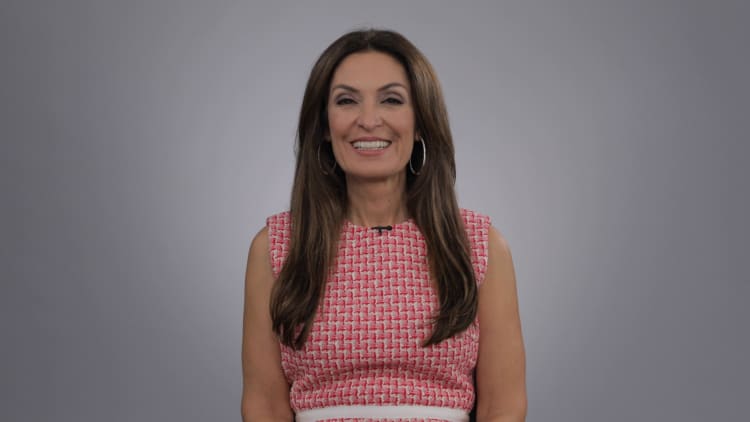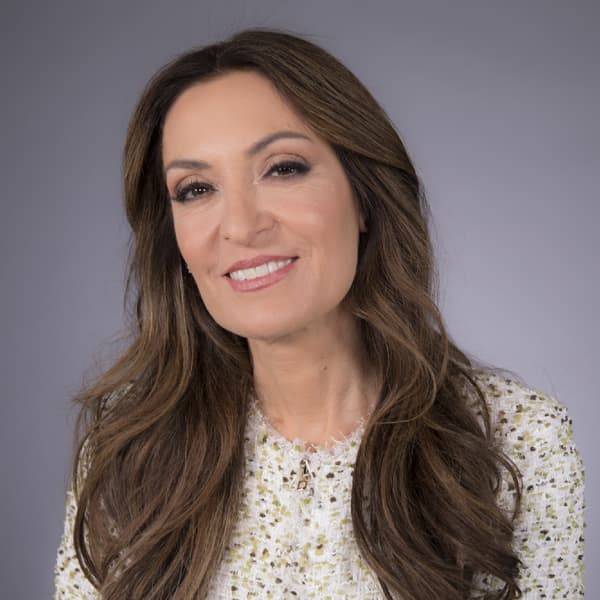It's common to be asked to discuss your strengths in a job interview. So common, in fact, that you probably think you've honed the perfect answer already.
But bestselling management author and CNBC contributor Suzy Welch cautions job seekers not to skip over this question while preparing. Instead, ask yourself if it passes what she's dubbed the A.R.S.I. test: Is your response accurate, relevant, specific and interesting?
If so, great — you're all set to dazzle the interviewer with your abilities. But if not, she suggests following the steps below:
Accurate
When discussing your strengths, you want to be as honest as possible and also prove to the interviewer that you have the skills needed to perform well on the job.
"If you've made it to an in-person interview, the chances are your interviewer has intel on you," Welch tells CNBC Make It. "They've called a colleague or one of your recommendations. They pretty well know what your strengths are."
The key to answering this question effectively is to show that you know how to properly communicate why you're a perfect fit for the position.
"Articulate the actual skills, talents and other qualities that set you apart from the pack," she says. "Do not pad or stretch."

Relevant
No matter how many amazing career highlights and accomplishments you have, Welch emphasizes that hiring managers are not interested in hearing about all of them. Make sure to emphasize how your skills will serve the position.
"Select strengths that align with the open job's requirements," she says.
For example, if you're great at math and you're applying to a project management position, she says you can make the connection that "your math skills reflect your agility as a problem solver, which is, in fact, the exact kind of problem solver the jobs needs."
Specific
When discussing your strengths, it's easy to give a general answer like, "I have an amazing work ethic," or "I'm a great team player." But general answers can be applied to anyone, and Welch explains that if you really want to stand out you should deliver a response that is more specific to you.
She says you shouldn't be afraid to get gritty with your answer and say something like, "I've had a lot of success with bringing people together who don't agree and getting them in a place where they actually listen to each other."

Interesting
No matter how stiff a work environment seems, no one wants to hire a bore. That's why Welch says you should always deliver a response that leaves a memorable impression.
"If one of your strengths is your risk-taking, for God's sake mention your skydiving hobby," she says. "If you're empathic, maybe mention that you gained that quality changing schools 12 times in 12 years."
"Let a piece of you shine through," she adds. "Let your humanity shine through."
Suzy Welch is the co-founder of the Jack Welch Management Institute and a noted business journalist, TV commentator and public speaker.
Like this story? Like CNBC Make It on Facebook!
More from Suzy Welch:
Here's how to ace the curveball interview question you never saw coming
Here's why everything you've been told about mentors is wrong
Here's how long you should stay at a job you hate for your resume's sake







